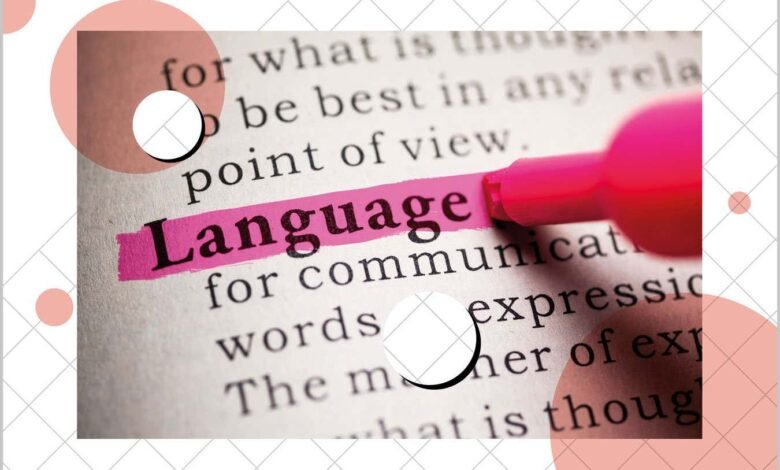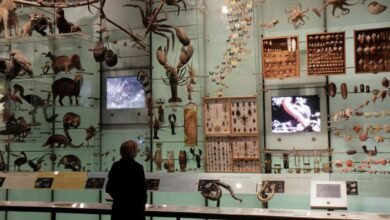Ancient humans only evolved language once, but why?


My son is a wizard. He walks into the kitchen, looks at me and utters the magic words: “Can I have a cheese and tomato sandwich, please?” A few minutes later, just such a snack appears in front of him.
Other young animals can communicate their desire for food through grunts, tweets and growls. But only humans have the sophisticated system of grammar and vocabulary that allows us to communicate in precise terms.
This story is part of our Concepts Special, in which we reveal how experts think about some of the most mind-blowing ideas in science. Read more here
In fact, with studies of animals increasingly showing that they share many characteristics once thought to be the preserve of humans – from culture to emotions and even morality – language may seem like the one thing that truly sets us apart. “I think language makes us feel special as a species,” says Brian Lerch at the University of North Carolina at Chapel Hill.
Given all that, one of the key things researchers want to know about language is how it evolved, and why it only did so in our human lineage.
Psychologist Shimon Edelman at Cornell University in New York state thinks language’s magical power has a fairly straightforward evolutionary explanation. With his colleague Oren Kolodny, now at the Hebrew University of Jerusalem, he argues that it may have emerged 1.7 million years ago, when ancient humans began making stone hand-axes that are beyond the ability of non-human animals to produce.
The idea is that novice tool-makers would have required guidance from an expert to make their own hand-axes, so tool-making sites became classrooms. Proto-language might have emerged as a way for teachers to communicate to students – which could explain why both language and tool-making seem to require the brain to arrange and order thoughts into structured sequences.
But about a decade ago, a key experiment challenged that view. In 2014, Shelby Putt at Illinois State University and her colleagues tasked 24 volunteers with learning to make hand-axes from an expert who either talked them through the process or merely made the tools in the volunteers’ presence while occasionally pointing to direct their attention. Surprisingly, both methods were effective, suggesting verbal language isn’t necessary for complex tool-making.
This doesn’t mean Putt sees language and tool-making as completely unconnected. She thinks complex tool-making really did require humans to arrange and order their thoughts to stay on task. This, she argues, led to the expansion of the brain regions involved in working memory, which we use to briefly hold and manipulate ideas.
But Putt suspects it was only at some later date that humans used this ability to structure and order their thoughts to develop language – presumably because it helped them communicate better and boosted their chances of survival.
These scenarios all assume that language is fundamentally a tool for communicating with others. But that might not be the case. A third way to think about the evolution of language focuses almost exclusively on the way it can help individuals “talk” to themselves and organise their thoughts to undertake complex tasks.
According to some, including the influential linguist Noam Chomsky, this is what drove the evolution of language, meaning it had nothing at all to do with tool-making. Instead, these researchers think language emerged as recently as 70,000 years ago, perhaps simply because of a random genetic mutation that prompted brain rewiring.
Truth be told, there is still little consensus about quite how language arose. But if Chomsky and his ilk are right, though it didn’t involve magic, it might at least have involved a little luck.
Read the other stories in this series using the links below:
Topics:
Source link




